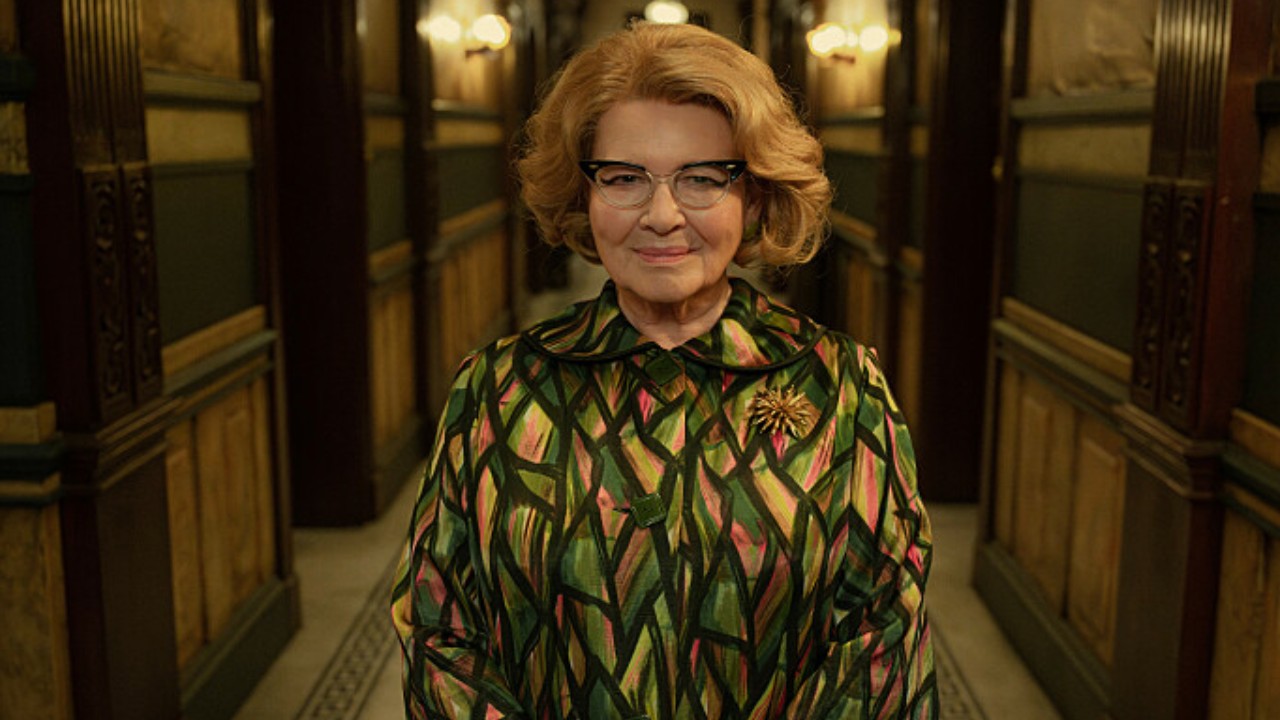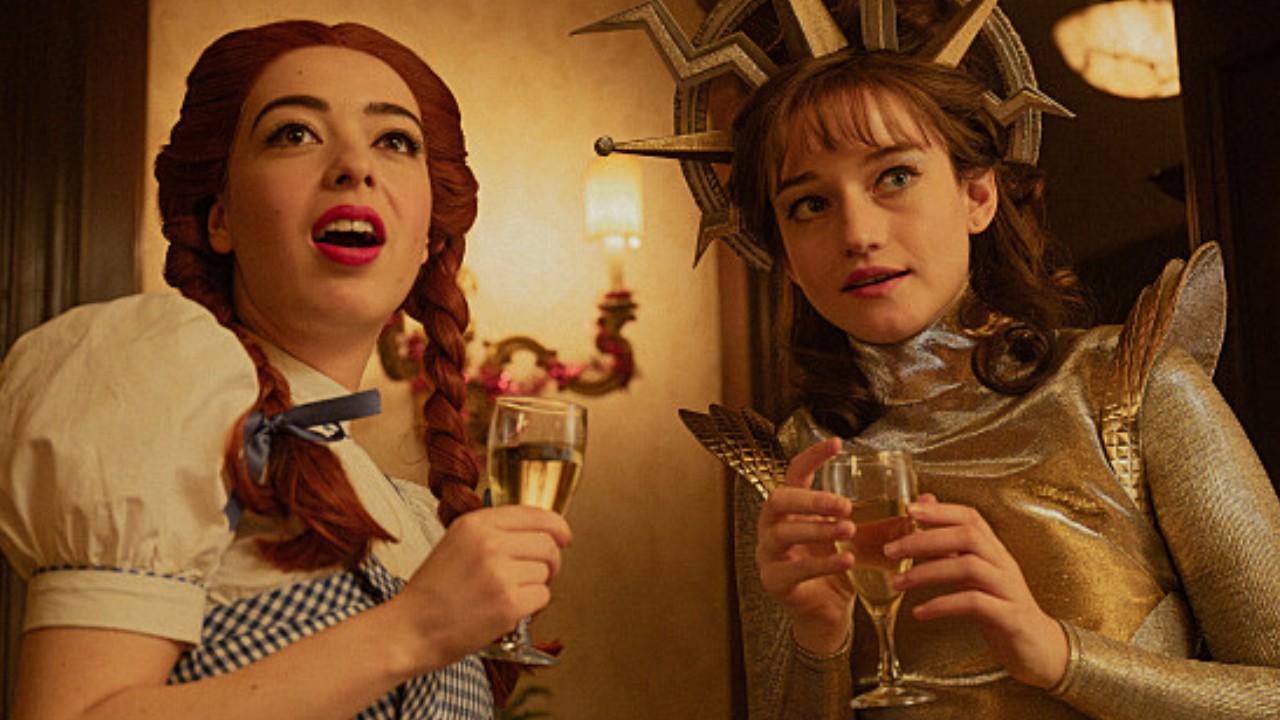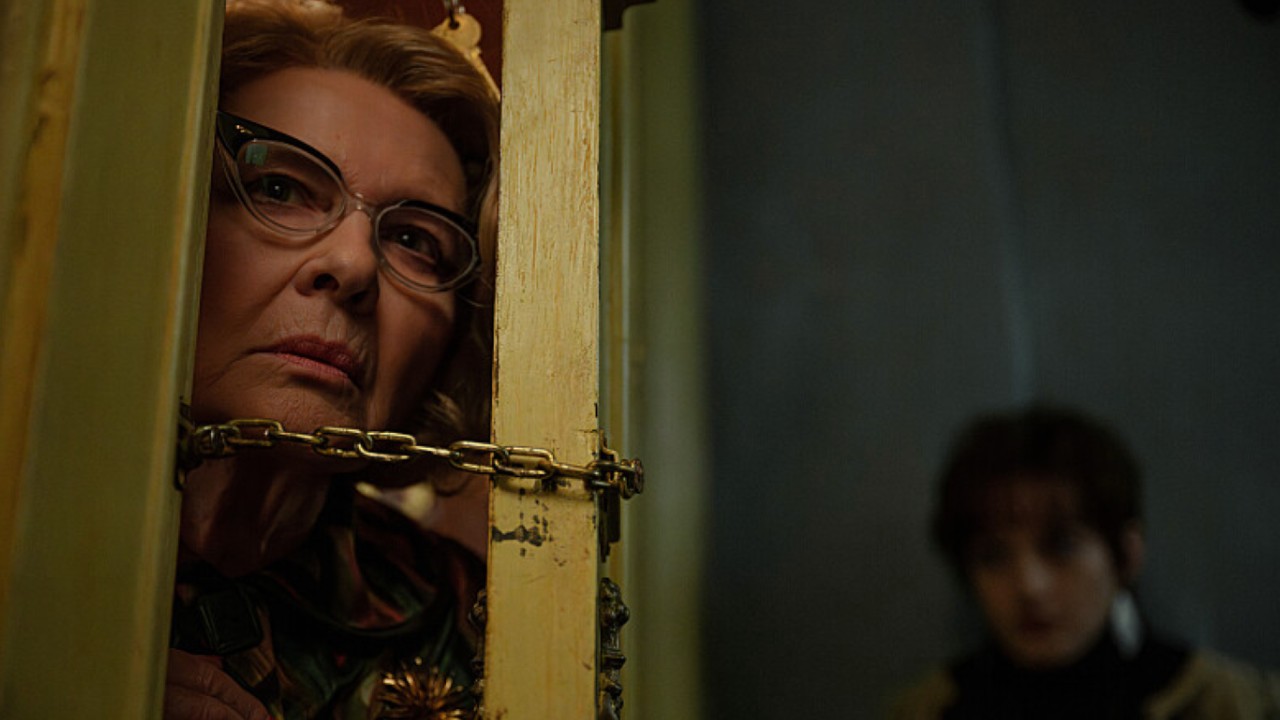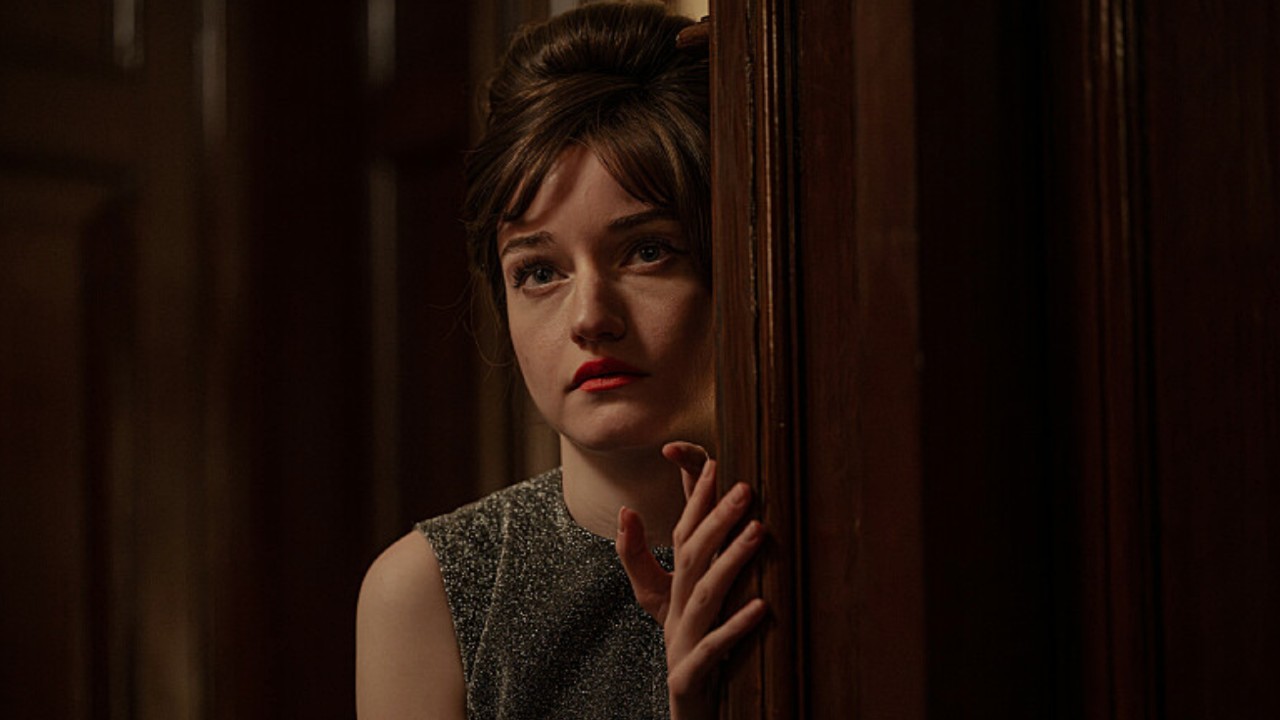The Halloween season is upon us, and many are on the lookout for upcoming horror movies for those creepy nights at home. I'm here to say that Apartment 7A is a can't-miss new movie for readers this season, and if you aren't using your Paramount+ subscription to stream it, you're making a mistake. This is especially true if you haven't seen the best horror movie it's linked to, Rosemary's Baby, as I would highly recommend watching the prequel beforehand if you haven't.
I was one of those people who went in completely blind to Apartment 7A, and I immediately had to stream Rosemary's Baby right afterwards. I'll explain why for those interested in seeing it the same way and what's in store for those who go in having seen the original movie. As such, I will avoid spoilers to keep those oblivious in the dark, though readers who have seen the 1968 movie should understand what I'm hinting at as they read.

Apartment 7A Hides Its Biggest Twist Much Better Than Rosemary's Baby
No shade to Rosemary's Baby, but movies in the 1960s weren't exactly known for their subtlety. Had I seen the original movie first, it wouldn't have taken me long at all to sniff out what the big reveal was. In fact, I was silently passing judgment on the Woodhouse family for ever moving into that apartment complex in the first place given all the stories that their landlord told them before they moved out.
I think Julia Garner's Terry Gionoffrio's inclusion in the story feels more organic, and the circumstances surrounding her situation set the stage well to completely fool the viewer about what Apartment 7A is about. The movie is definitely written to not presume the viewer has seen Rosemary's Baby, and is set to blindside them as the movie goes on.
The good news for everyone here is that the twist isn't held until the end of the movie. Apartment 7A makes a point to get it out in the open near the midpoint, which gives lots of room for the movie to explore it and show some really interesting stuff. After watching Rosemary's Baby, I can genuinely say there's nothing that's going to bore that crowd watching the prequel, and they'll be thrilled to see the original story expanded and improve on the original movie.

Julia Garner Brings A Small Side Character To Life In A Big Way
Many critics praising Apartment 7A are highlighting Dianne Wiest's performance as Minnie Castevet, and rightfully so. That said, don't let that praise make you think that three-time Emmy winner Julia Garner phoned it in with her performance. Terry Gionoffrio plays a pivotal, but ultimately small role in the original movie, and there are only a few mentions of her throughout Rosemary's Baby.
The team behind Apartment 7A took what little was revealed about Terry in the original movie and ran with it in an impressive way. Once I watched Rosemary's Baby, I was surprised at how well the little details about the character fit into the movie's story. At the same time, I don't think this latest movie would get told back in 1968, and it certainly is framed with a more modern audience in mind.
Julia Garner shines in this role as much as she has in her previous ones, and I genuinely wouldn't be surprised if she received some awards consideration for the role. While horror does tend to get snubbed during awards season these days, Rosemary's Baby did score one Oscar when Ruth Gordon won Best Supporting Actress. Whether or not this movie features something worthy of an Oscar, we'll just have to wait and see when the nominations go out.

Watching Rosemary's Baby After Really Gives You A Great Appreciation Of Both
I'll be candid in saying there were scenes in Apartment 7A that I did not understand fully until I saw Rosemary's Baby. I say this more in regards to visuals and certain camera shots than the actual story, which was unaffected by my viewing. I feel like others who go in blind may feel the same, but then once you watch the original, you'll better understand that it was an intentional homage.
There are other smaller moments that happen that I realized afterward were made in direct reference to the original movie for those who had seen it. Shots of the apartment building and specific objects that pop up all make sense if you watch the original afterward.
To go back to what critics have said about the iconic and prolific Dianne Wiest, it is very cool to see how she further elevates the character of Minnie, but in a way that doesn't feel too off base with the original portrayal. Put simply, there's just more for the character in Apartment 7A, and we see some great moments that make her a more chilling figure than in Rosemary's Baby.
The same can be said about many of the characters from the original movie, as I think Terry being a single woman without someone else in her apartment to talk to lends her to interacting with these other characters more than the married couple. I also think for people who have seen the original, it's probably intentional we get more scenes with specific characters so that they have something else to appreciate about the movie.
The only downside is that if you've seen Rosemary's Baby, you know where this prequel is headed. The twist and ending won't hit as hard for the people who have seen the original because they're going in just waiting for the shoe to drop with Terry. As someone who went in blind, I was more or less wondering what the hell was going on right up until it all made sense. I can say now that I've seen both, and I'll probably never be brave enough to visit the real Dakota Building it's set in.
Both Apartment 7A and Rosemary's Baby are available to stream on Paramount+. The spooky season is upon us, and people are already streaming all the scary stuff on Netflix and other platforms. Stick with CinemaBlend for more streaming reccomendations as we inch closer to Halloween and other major holidays.

